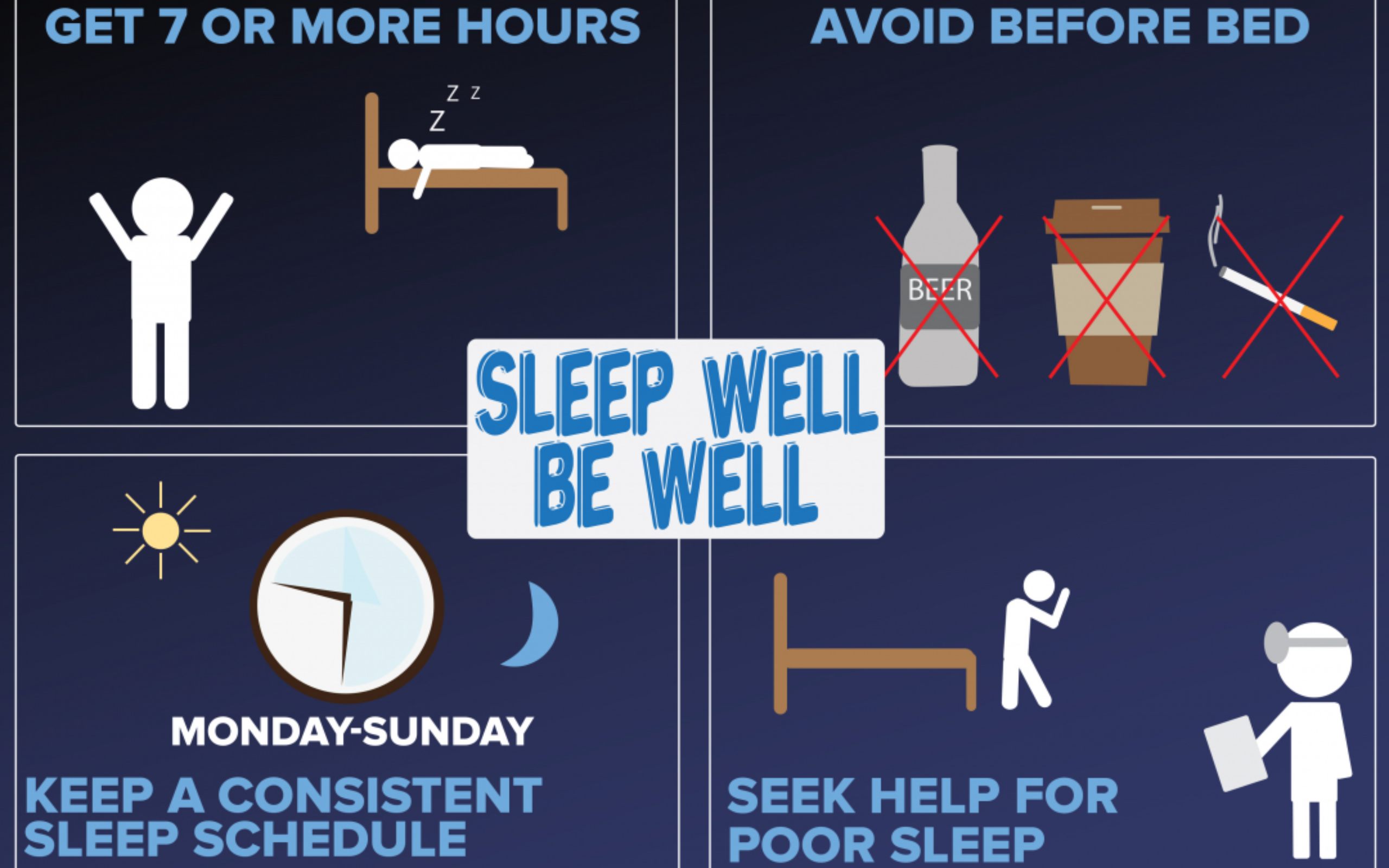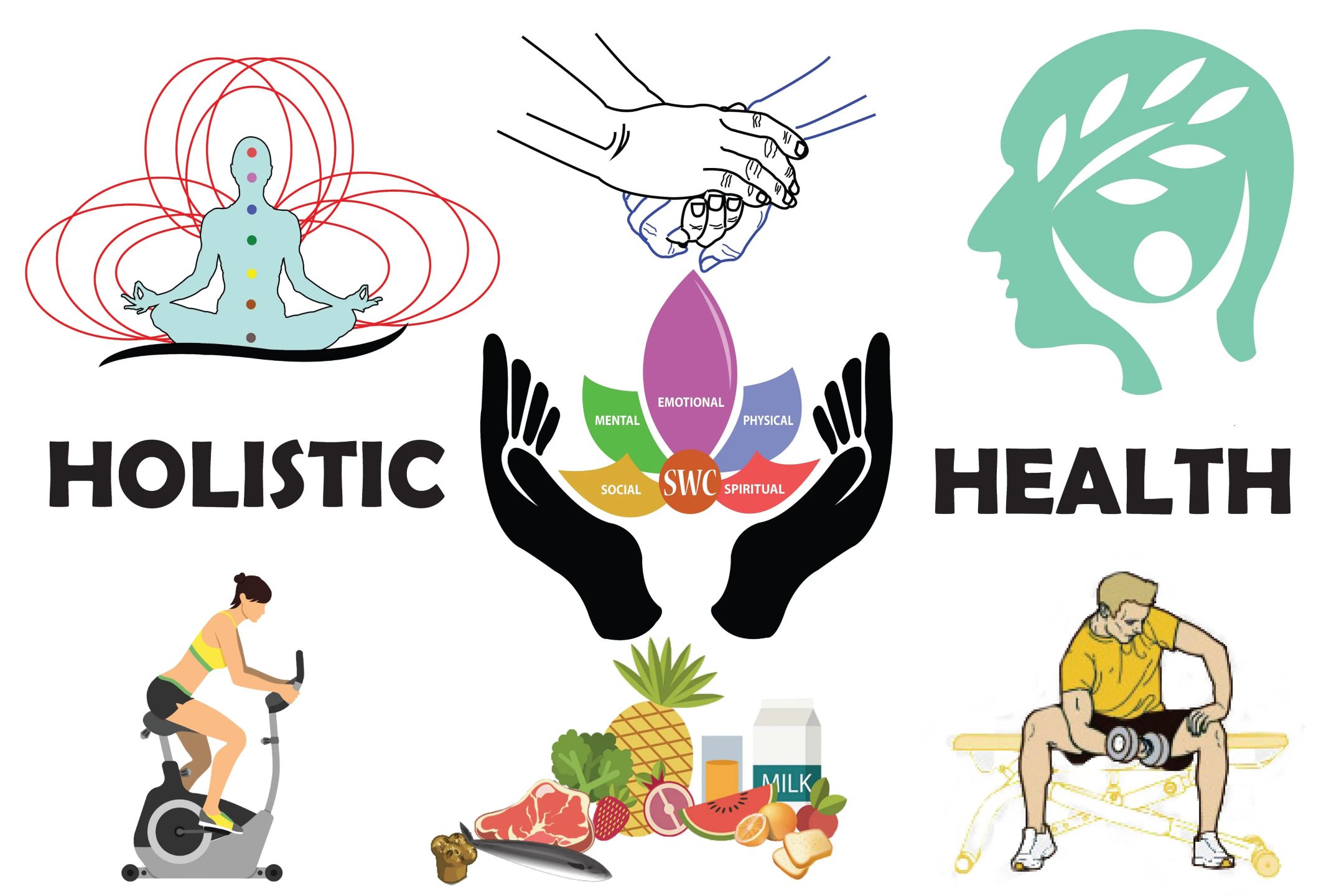
In the hustle and bustle of modern life, the quest for physical health often takes a back seat to our busy schedules and daily demands. Yet, it’s the foundation upon which we build a fulfilling and vibrant life. how can you optimize your physical health isn’t just about looking good; it’s about feeling your best, both mentally and physically. It’s about having the energy and vitality to pursue your passions and dreams, and it’s a key to longevity.
In this comprehensive guide, we’ll explore the multifaceted approach to achieving and maintaining physical well-being. From lifestyle choices and nutrition to exercise and preventive care, we’ll delve into the strategies that can empower you to unlock your body’s full potential and live your life to the fullest. Whether you’re looking to make small improvements or embark on a transformative health journey, this article will provide you with the knowledge and tools to optimize your physical health and enjoy a higher quality of life.
How to Optimize Your Physical Health
-
Nutrition and Diet
Proper nutrition is the cornerstone of good health. A balanced diet ensures you get the necessary nutrients to function optimally.
a. Balanced Diet:
Consume a variety of foods from all food groups, including fruits, vegetables, lean proteins, whole grains, and healthy fats.b. Portion Control:
Watch your portion sizes to prevent overeating, which can lead to weight gain and related health issues.c. Hydration:
Stay adequately hydrated by drinking plenty of water throughout the day.d. Limit Processed Foods:
Minimize consumption of processed and sugary foods, as they often lack essential nutrients and can lead to weight gain.

-
Regular Physical Activity
Exercise plays a crucial role in optimizing physical health.
a. Cardiovascular Exercise:
Incorporate aerobic activities like walking, jogging, swimming, or cycling to improve heart health and stamina.b. Strength Training:
Include resistance training to build muscle, which not only boosts metabolism but also enhances overall strength.c. Flexibility and Balance:
Practices like yoga or Pilates can improve flexibility and balance, reducing the risk of injuries.d. Consistency:
Aim for at least 150 minutes of moderate-intensity exercise per week, or 75 minutes of vigorous-intensity exercise, spread throughout the week.

-
Adequate Sleep
Quality sleep is vital for physical and mental health.
a. Sleep Duration:
Aim for 7-9 hours of quality sleep per night to allow your body to repair and rejuvenate.b. Sleep Hygiene:
Establish a consistent sleep schedule and create a relaxing bedtime routine.c. Limit Screen Time:
Avoid screens before bedtime, as the blue light can disrupt your sleep cycle.

-
Stress Management
Chronic stress can have a detrimental impact on physical health.
a. Mindfulness and Meditation:
Practicing mindfulness and meditation can help reduce stress and improve overall well-being.b. Exercise:
Regular physical activity can also act as a stress reliever by releasing endorphins.c. Seek Support:
Don’t hesitate to reach out to friends, family, or a therapist for support when dealing with stress.

-
Regular Health Check-Ups
Regular medical check-ups are crucial for early detection of health issues.
a. Annual Physicals:
Schedule regular check-ups with your healthcare provider to monitor your health status.b. Screenings:
Follow recommended screenings for conditions like cancer, diabetes, and heart disease.c. Vaccinations:
Stay up to date with vaccinations to protect against preventable diseases.

-
Avoid Harmful Habits
Certain habits can be detrimental to your physical health.
a. Smoking:
If you smoke, seek help to quit immediately. Smoking is a leading cause of preventable diseases.b. Excessive Alcohol Consumption:
Limit alcohol intake to moderate levels, as excessive drinking can lead to various health issues.

-
Hygiene and Sanitation
Maintaining good hygiene and sanitation practices can prevent illness and promote health.
a. Handwashing:
Regularly wash your hands with soap and water to prevent the spread of germs.b. Oral Health:
Brush and floss your teeth daily to maintain good oral hygiene.

-
Social Connections
Building and maintaining social connections can have a positive impact on your physical health.
a. Supportive Relationships:
Cultivate strong relationships with family and friends for emotional support.b. Community Engagement:
Participate in social activities or community groups to stay connected.

4 Key Ways To Optimize Your Physical Health
Prioritize Regular Exercise:
Physical activity is a cornerstone of good health. Regular exercise offers a multitude of benefits, including improved cardiovascular health, increased muscle strength, better mood, and weight management. Here’s how you can optimize your physical health through exercise:
-
- Aerobic Exercise:
Engage in cardiovascular exercises like walking, jogging, swimming, or cycling. Aim for at least 150 minutes of moderate-intensity aerobic activity or 75 minutes of vigorous-intensity aerobic activity per week. - Strength Training:
Incorporate resistance training exercises such as weightlifting or bodyweight exercises (e.g., push-ups, squats) at least two days a week. This helps build muscle mass, boost metabolism, and improve overall strength. - Flexibility and Balance:
Don’t neglect flexibility and balance exercises like yoga or Pilates. These activities can enhance your range of motion, prevent injuries, and improve posture. - Consistency:
Make exercise a consistent part of your routine. Find activities you enjoy to increase the likelihood of sticking with them in the long term.
- Aerobic Exercise:

Maintain a Balanced Diet:
- Nutrition plays a vital role in optimizing physical health. A balanced diet provides the essential nutrients your body needs for energy, growth, and overall function. Here’s how to optimize your diet:
- Variety:
Consume a wide range of foods from all food groups, including fruits, vegetables, lean proteins, whole grains, and healthy fats. This ensures you get a diverse array of nutrients. - Portion Control:
Be mindful of portion sizes to avoid overeating. Use smaller plates and listen to your body’s hunger cues. - Hydration:
Drink plenty of water throughout the day to stay properly hydrated. Water is crucial for digestion, circulation, and temperature regulation. - Limit Processed Foods:
Minimize your intake of processed and sugary foods. These can contribute to weight gain and increase the risk of chronic diseases like diabetes and heart disease.
- Variety:

Prioritize Quality Sleep:
Adequate and restful sleep is essential for physical health and overall well-being. Poor sleep can lead to a host of health problems, including reduced cognitive function and increased risk of chronic diseases. Here’s how to optimize your sleep:
-
- Consistent Schedule:
Go to bed and wake up at the same time every day, even on weekends. This helps regulate your body’s internal clock. - Create a Relaxing Bedtime Routine:
Wind down before bedtime with calming activities like reading, taking a warm bath, or practicing relaxation techniques. - Limit Screen Time:
Avoid screens (phones, tablets, computers, TVs) at least an hour before bed, as the blue light emitted can disrupt your sleep cycle. - Comfortable Sleep Environment:
Ensure your bedroom is conducive to sleep by keeping it cool, dark, and quiet. Invest in a comfortable mattress and pillows.
- Consistent Schedule:
-
Manage Stress Effectively:
- Chronic stress can have a significant impact on your physical health. Learning how to manage stress is crucial for overall well-being. Here are some strategies:
- Mindfulness and Meditation:
Practice mindfulness meditation to stay present and reduce stress. Meditation can help you develop a calmer and more focused mindset. - Regular Exercise:
Physical activity releases endorphins, which are natural stress relievers. Engage in regular exercise to help manage stress levels. - Seek Support:
Don’t hesitate to reach out to friends, family, or a mental health professional if you’re feeling overwhelmed. Talking about your stressors can provide emotional relief. - Time Management:
Develop effective time management and organizational skills to reduce the pressure of tight schedules and deadlines.
- Mindfulness and Meditation:

- Chronic stress can have a significant impact on your physical health. Learning how to manage stress is crucial for overall well-being. Here are some strategies:
How Can Liberty HealthShare Help
-
Affordability:
One significant advantage of Liberty Health Share is its potential cost savings. Many people struggle with the high premiums and deductibles associated with traditional health insurance plans. Liberty Health Share typically offers more affordable monthly contributions, making it an attractive option for individuals and families looking to optimize their physical health without breaking the bank.

-
Choice of Healthcare Providers:
- With Liberty HealthShare, you have the flexibility to choose your healthcare providers. This means you can select doctors, specialists, and hospitals that align with your preferences and health goals. Having the freedom to work with healthcare professionals you trust can positively impact your healthcare decisions and overall well-being.

- With Liberty HealthShare, you have the flexibility to choose your healthcare providers. This means you can select doctors, specialists, and hospitals that align with your preferences and health goals. Having the freedom to work with healthcare professionals you trust can positively impact your healthcare decisions and overall well-being.
-
Focus on Preventive Care:
- Preventive care is a cornerstone of optimizing physical health. Liberty HealthShare encourages its members to prioritize preventive measures, such as regular check-ups, vaccinations, and screenings. They often offer guidance and resources to help members stay proactive about their health, which can lead to early detection and intervention.

-
Support for Holistic Wellness:
Liberty Health Share recognizes the importance of holistic wellness in optimizing physical health. While not a traditional health insurer, they often promote healthy living, stress management, and wellness programs that can complement your efforts to stay healthy. These initiatives may include information on nutrition, exercise, and mental well-being.

-
Community and Support:
Being a part of a health sharing community like Liberty Health Share can provide emotional and informational support. Members often share their healthcare experiences and insights, offering a sense of camaraderie and shared responsibility. This sense of community can be empowering, motivating you to take proactive steps towards optimizing your physical health.

-
Flexibility in Healthcare Choices:
Liberty Health Share allows you to make decisions about your healthcare based on your unique needs and values. This flexibility extends to choosing alternative and complementary treatments, which can be beneficial for individuals seeking holistic approaches to health optimization.

-
Financial Incentives for Healthier Choices:
Some healthcare sharing ministries, including Liberty HealthShare, may offer financial incentives or rewards for members who actively engage in health and wellness activities. These incentives can encourage individuals to adopt healthier lifestyles, such as quitting smoking or participating in fitness programs.

Frequently Ask Questions
1.Why is physical health important?
Physical health is crucial because it affects your overall well-being. It contributes to your ability to perform daily tasks, maintain mental and emotional stability, and live a fulfilling life. Good physical health reduces the risk of chronic diseases, enhances longevity, and improves your quality of life.
2.How important is it to optimize your health?
Optimizing your health is of paramount importance. It not only helps prevent health issues but also improves your energy levels, mental clarity, and overall vitality. It allows you to live life to the fullest, pursue your goals, and enjoy a higher quality of life.
3. How do you optimize health with 5 daily tips?
Five daily tips for optimizing health could include:
-
- Eating a balanced diet rich in fruits, vegetables, lean proteins, and whole grains.
- Exercising regularly, including both cardiovascular and strength training.
- Getting adequate sleep (7-9 hours for most adults).
- Managing stress through practices like meditation or yoga.
- Staying hydrated by drinking plenty of water throughout the day.
4. What are the components of health?
Health comprises several components, including physical, mental, emotional, social, and spiritual well-being. All these aspects are interconnected, and each plays a role in your overall health and quality of life.
5. What are the 7 elements of good health?
The seven elements of good health can include physical, mental, emotional, social, spiritual, environmental, and occupational well-being. These elements together create a holistic approach to health.
6. What are the optimization benefits?
Optimization benefits can include improved energy levels, better mental clarity, enhanced physical performance, reduced risk of chronic diseases, increased longevity, and an overall higher quality of life.
7. What are the 4 pillars of optimal health?
The four pillars of optimal health often include nutrition, exercise, stress management, and sleep. These are foundational aspects of maintaining and enhancing physical and mental well-being.
8. What is an example of good physical health?
An example of good physical health might be a person who maintains a healthy weight, exercises regularly, has normal blood pressure and cholesterol levels, and is free from chronic health conditions like diabetes or heart disease.
9. What is the key to good health?
The key to good health is a balanced approach that includes regular physical activity, a nutritious diet, sufficient sleep, stress management, and avoiding harmful habits like smoking and excessive alcohol consumption.
10. What is an optimization exercise?
An optimization exercise typically refers to physical activities and routines aimed at improving various aspects of health, such as strength, endurance, flexibility, and overall fitness.
11. What are 10 examples of physical health?
Ten examples of physical health indicators could include weight management, regular exercise, balanced nutrition, adequate hydration, healthy blood pressure, cholesterol levels, and absence of chronic conditions, good muscle tone, healthy skin, and strong bones.
12. How is a healthy lifestyle?
A healthy lifestyle encompasses making positive choices in various aspects of life, including diet, exercise, sleep, stress management, and avoiding harmful behaviors. It’s about consistently prioritizing well-being.
13. What is wellness?
Wellness is a holistic concept that goes beyond physical health and encompasses overall well-being in areas such as mental, emotional, social, and spiritual health. It’s about living a balanced and fulfilling life.
14. What are the 7 aspects of good health?
The seven aspects of good health typically include physical, mental, emotional, social, spiritual, environmental, and occupational well-being. Focusing on each of these dimensions contributes to a well-rounded and healthy life.
15. What is health optimization?
Health optimization involves proactive measures to enhance and maintain one’s health and well-being, aiming for the highest possible state of physical and mental health. It often includes lifestyle choices, preventive care, and wellness practices.






